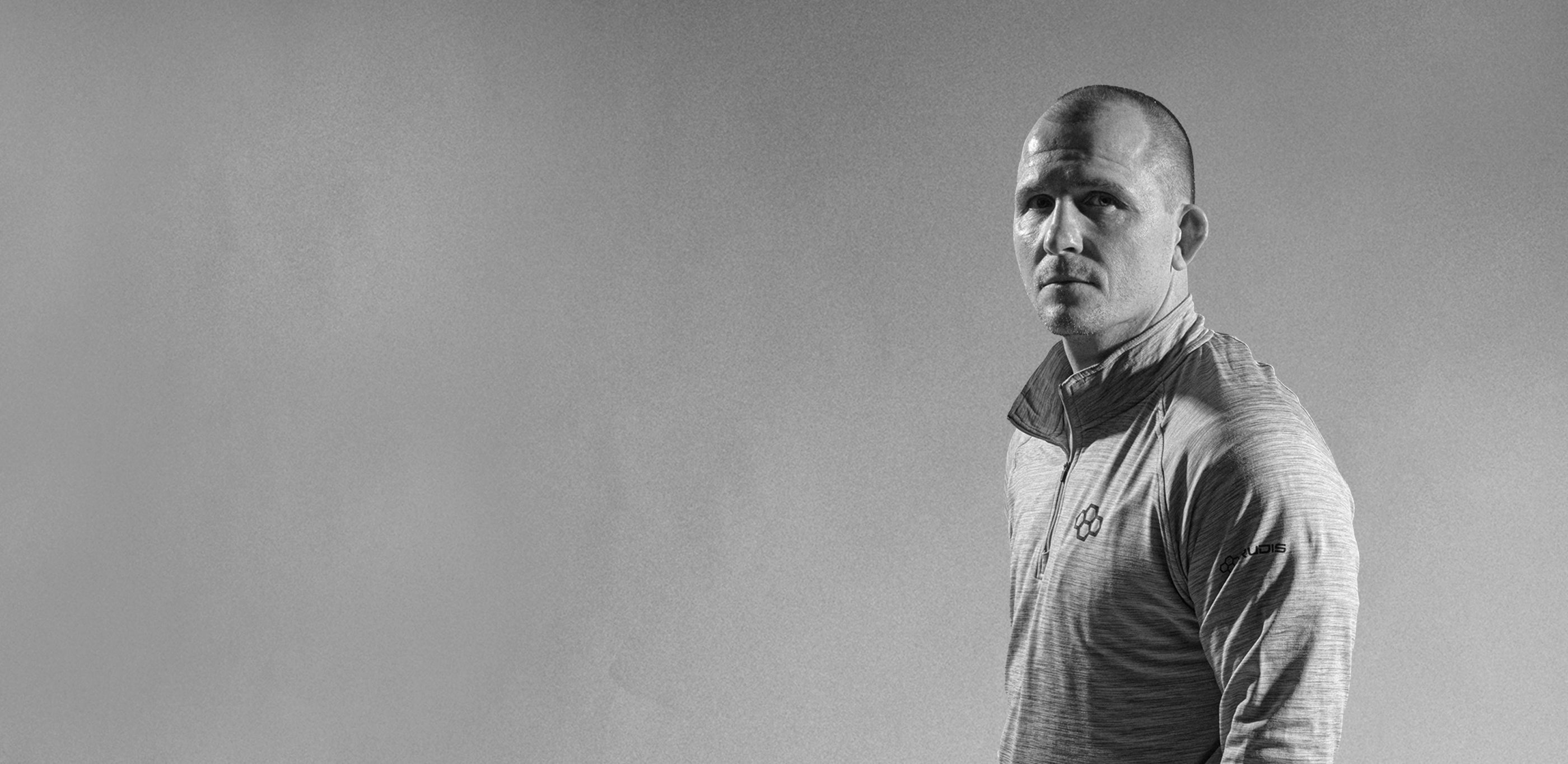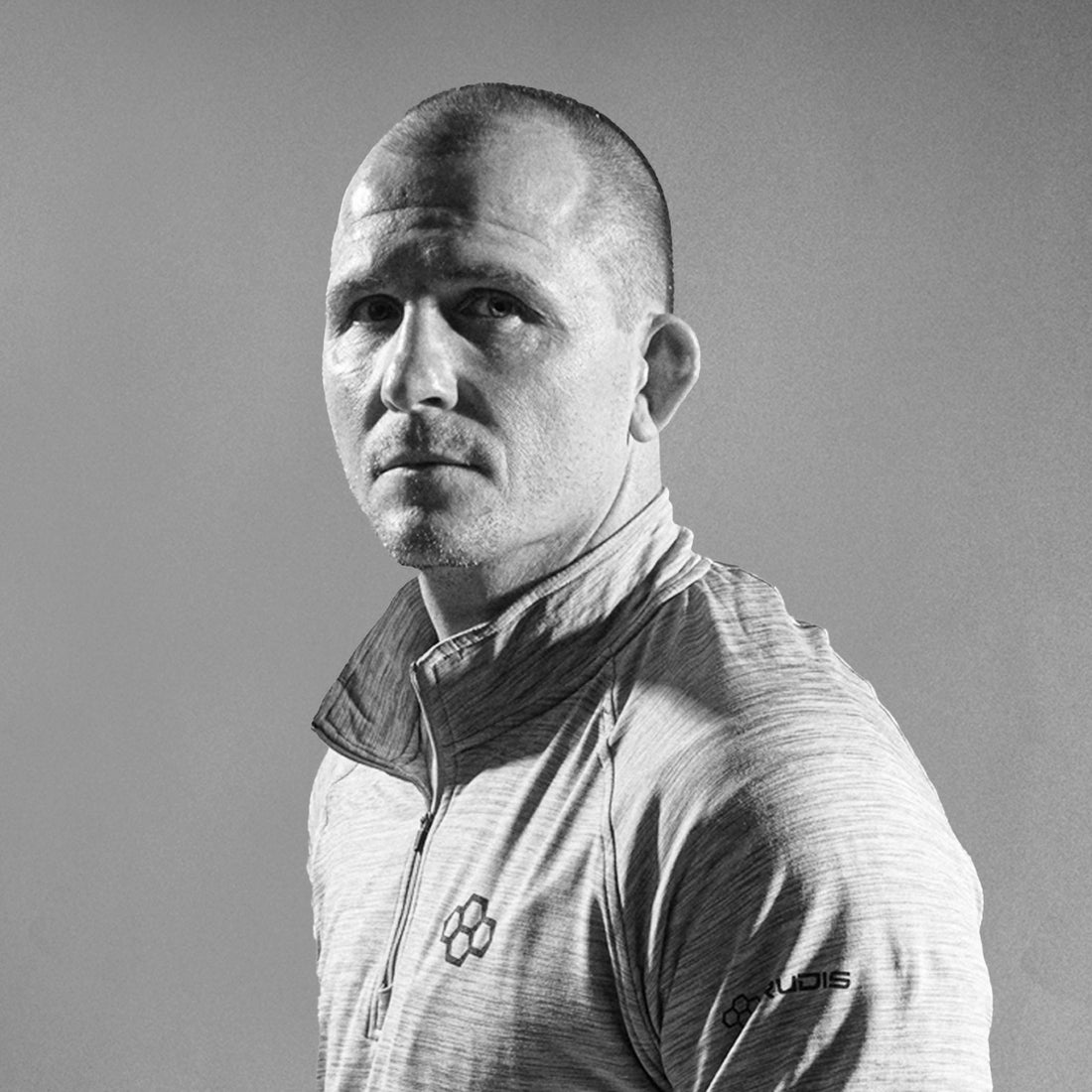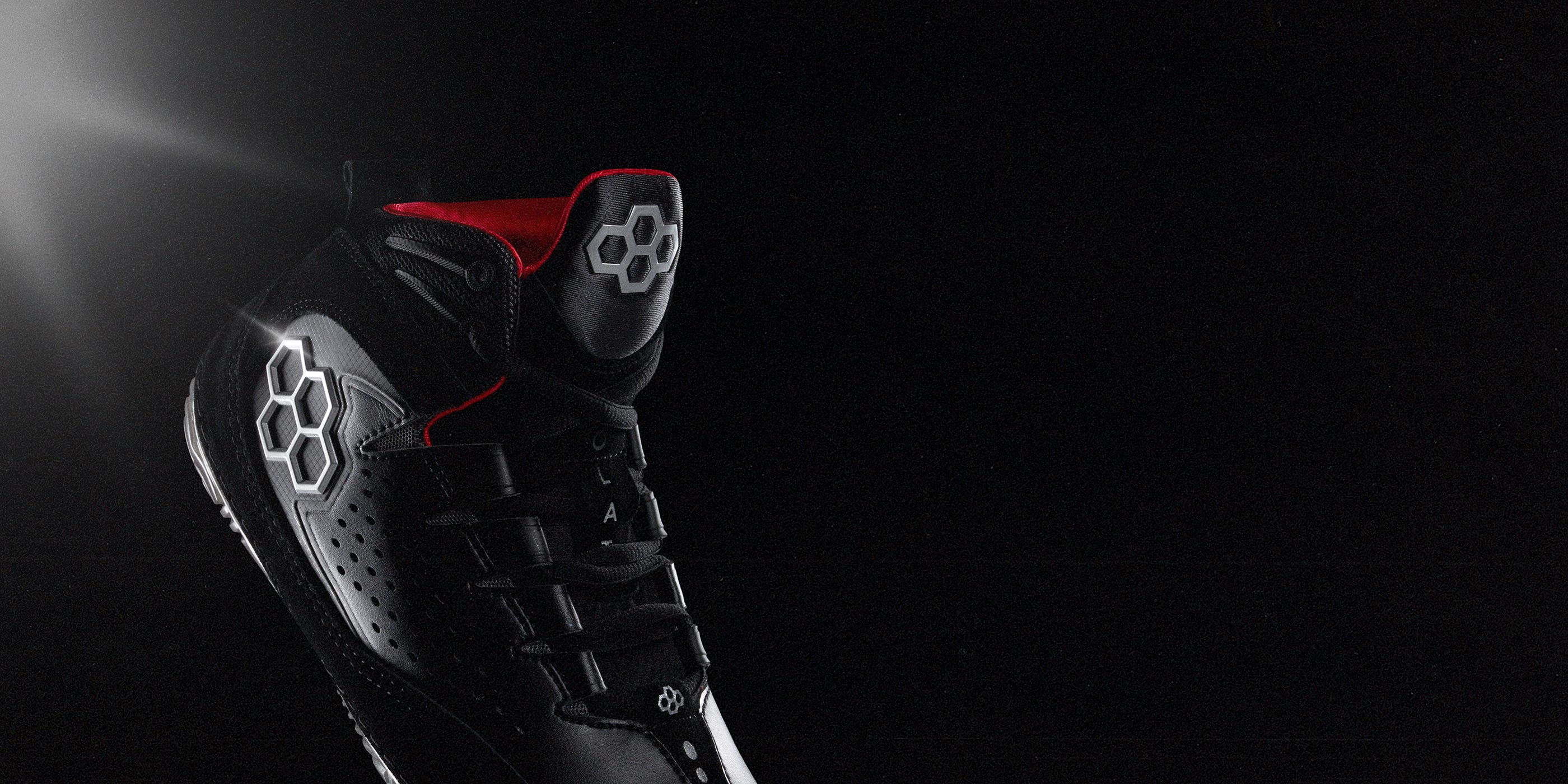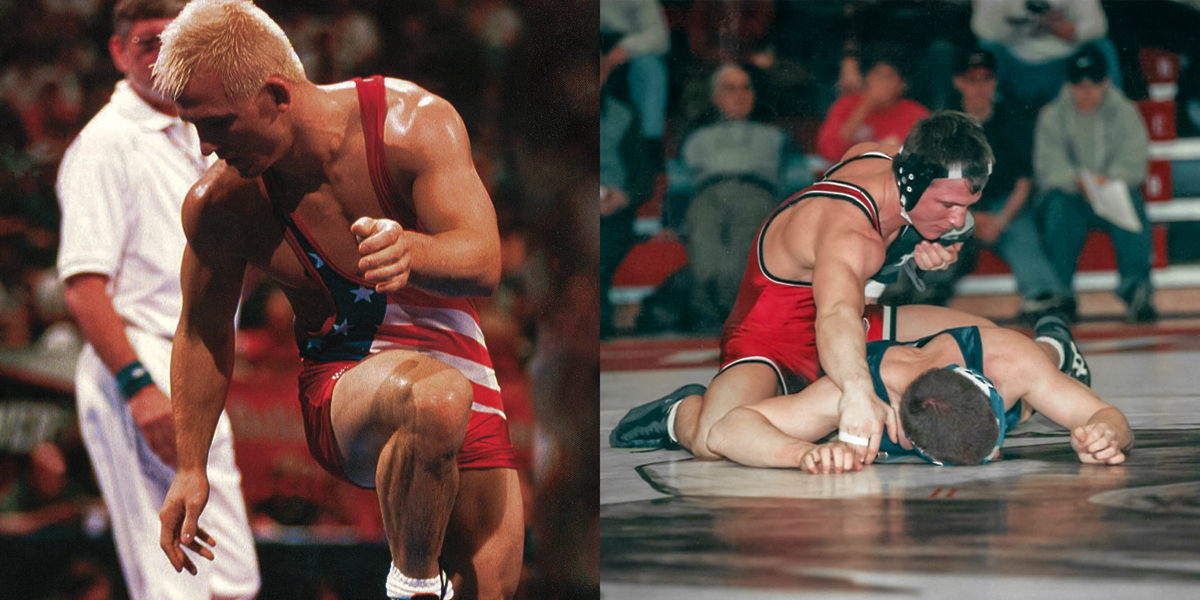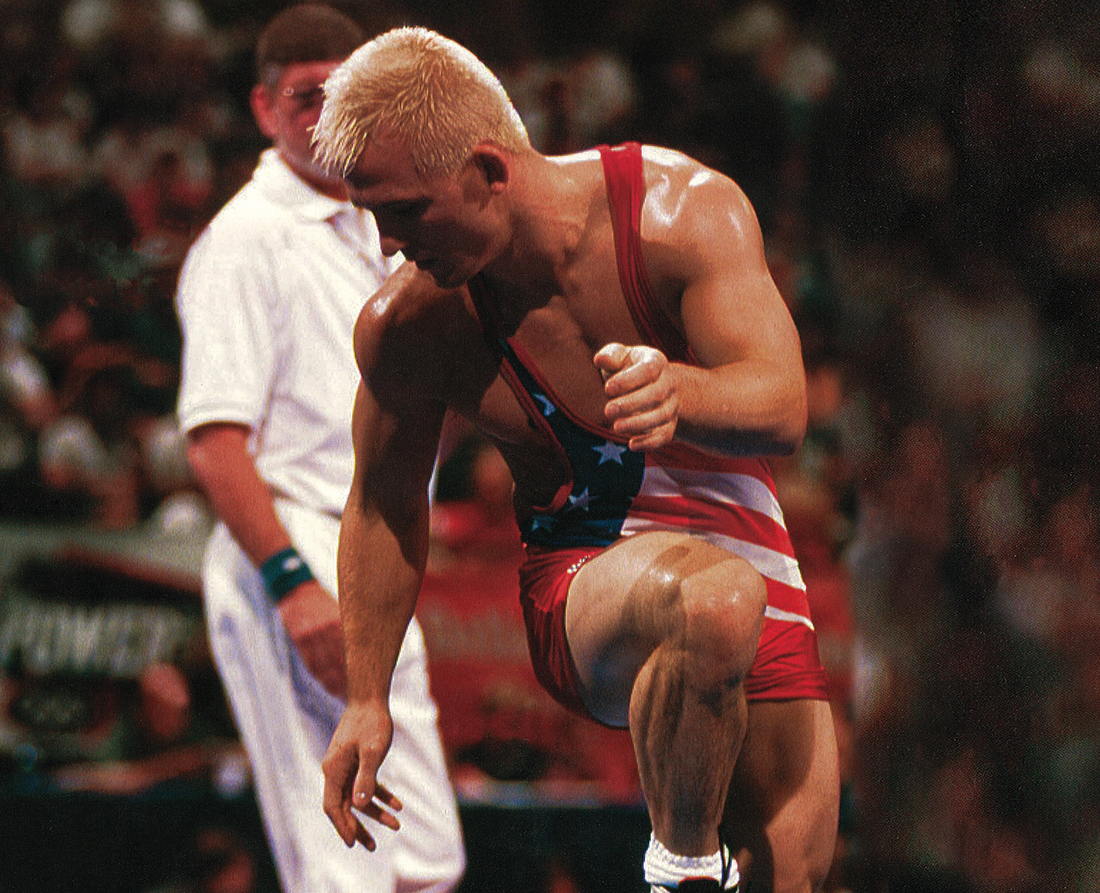ACHIEVEMENTS
-
DEFINING GREATNESS
Cary Kolat is one of the most influential wrestlers in the history of wrestling. A native of Pennsylvania, Kolat competed at Jefferson-Morgan High School where won PIAA state titles and compiled a perfect 137-0 record.
-
RELENTLESS IMPROVEMENT
Kolat was a collegiate wrestler for Penn State University and later transferred to Lock Haven University. Between the two, he achieved one of the most impressive careers in college wrestling. Cary Kolat was a 2x NCAA Champion and a 4x NCAA All-American. His overall college wrestling career wrapped up with a 111-7 record and 53 pins.
-
CHAMpion mindset
After his collegiate career, Cary Kolat represented the U.S. at the World and Olympic Championships, earning World silver in 1997 and bronze 1998. He won the 63kg freestyle at the 2000 U.S. Olympic Trials and competed at the Sydney Games.
Kolat later spent six seasons as Head Coach at Campbell University, where he led the program to three SoCon titles, two regular-season crowns, 12 individual champions, and 19 NCAA qualifiers. He is now the Head Coach at the U.S. Naval Academy.

